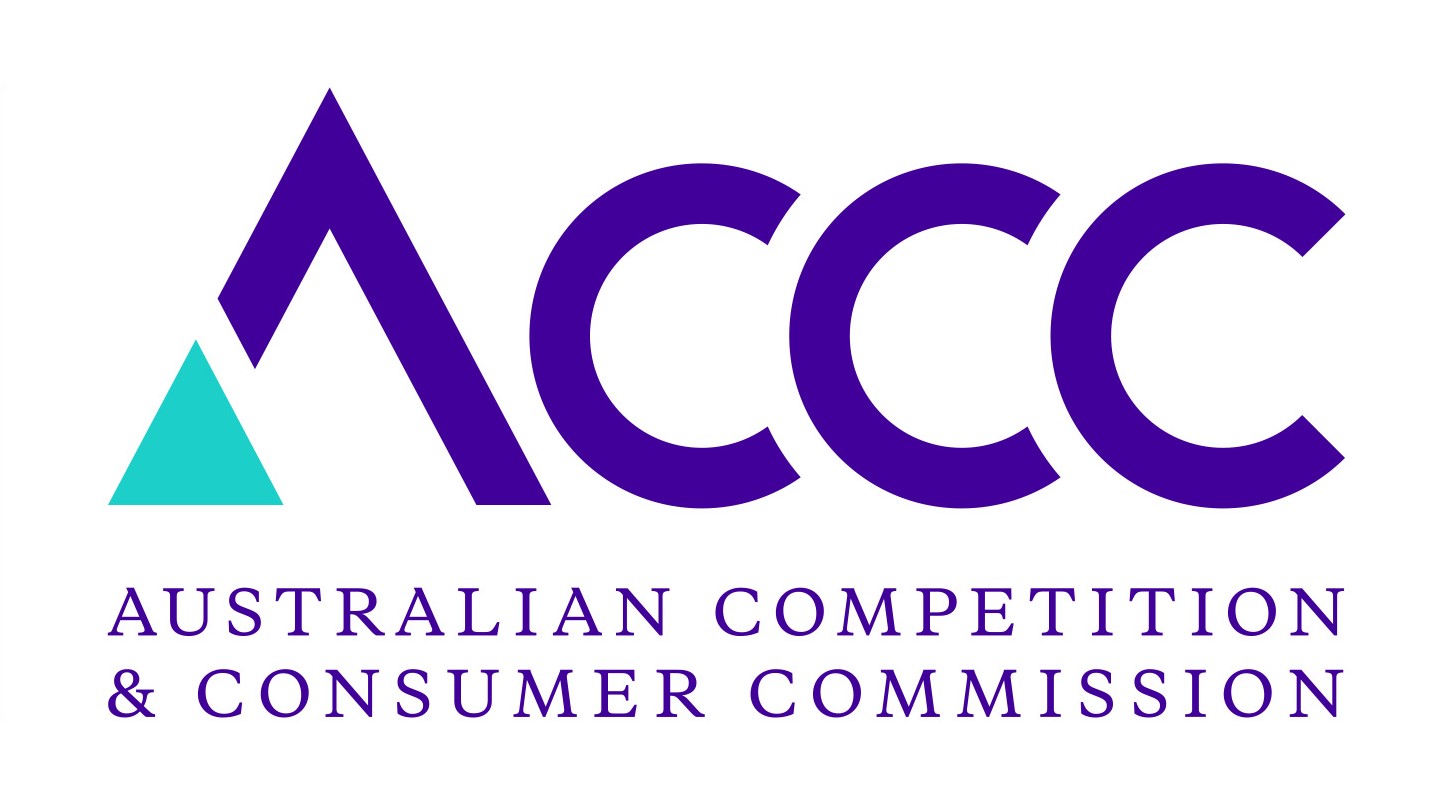Dec 12, 2018 | Srivats Shankar
The ACCC explored the implications of digital platform with reference to market power, consumer influence, and the potential of AI on these platforms

Dec 12, 2018 | Srivats Shankar
The ACCC explored the implications of digital platform with reference to market power, consumer influence, and the potential of AI on these platforms
On December 10, 2018 the Australian Competition and Consumer Commission released a report on its enquiry with reference to digital platforms. The commission explored the implications of the work developed by digital platforms with reference to search engines, social media platforms, and digital content aggregation platforms. Setting this out the scope of their analysis the commission noted the extensive power that was vested with these digital platforms. As noted within the report, almost half of all revenue generated from advertisements comes from the major digital platforms – including Google and Facebook – within Australia. This gives an enormous market power when it comes to directing and influencing consumer preferences.
The access and ability to leverage this platform for advertisement was one of the biggest concerns of the ACCC. They took particular concern with the spread of disinformation, a clear reference to the growing concern of “fake news” around the world. They analysed the rules of the platforms in responsibly reflecting and disseminating information. However, they noted that due to the sector-specific nature of regulations regulating platforms that spread information, currently within the Australian jurisdiction over very few regulations that are applicable directly on digital platforms. This created a regulatory hurdle for regulating content on these patterns. Additionally, with the difficulties related to “take-down” requests the ECC took concern with how useful it really was to regulate these platforms due to their reach and instant access to the end consumer.
This coupled with the difficulties in raising awareness on the usage of user data, especially concerns expressed by users themselves created an additional hurdle. The shortcomings of the existing privacy policies furthered this avenue, although the ACC focused more on implications as end consumers rather than the implications of privacy as a fundamental notion within itself.
Interestingly, rather than focusing on artificial intelligence as a major matter for concern, they saw it as a tool for reducing disinformation and distribution of false news. However, they did note the potential for “AI bias” which develops as a result of incorrect and misapplication of information in the development of AI. They also saw the usage of chatbots as a tool that could potentially imitate human interaction and lead to fraudulent social and economic activities. The ACCC recommended that legislative action needs to be taken with reference to monitoring and regulating the technology, so that the implementation can have beneficial effects for consumers rather than a detrimental impact.

Srivats Shankar | May 02, 2022
The European Parliament adopted the recommendations of the Special Committee on Artificial Intelligence in the Digital Age providing a roadmap until the year 2030 regarding its impact on climate change, healthcare, and labor relations

Srivats Shankar | Mar 26, 2022
European Union reaches political agreement to introduce Digital Markets Act.

Maathangi Hariharan | Mar 22, 2021
/diːpfeɪk/
/ˌɑːtɪfɪʃl ˈdʒɛn(ə)r(ə)l ɪnˈtelɪɡəns/
/ˌɑːtɪfɪʃl ɪnˈtelɪɡəns/